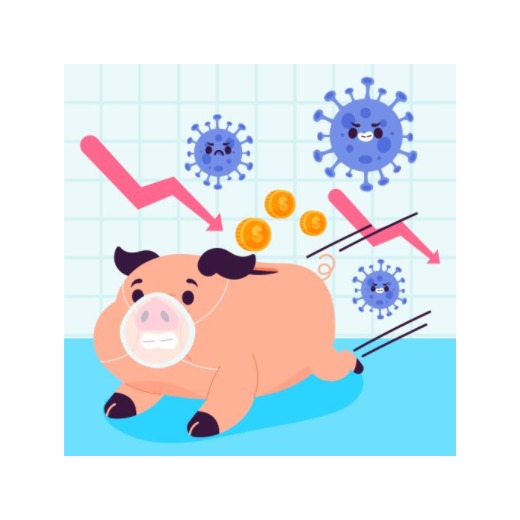959

African swine fever (ASF) remains the most severe threat to pig farms in Romania. Over the past 10 years, more than 7,000 outbreaks have been confirmed, according to ANSVSA, leading to the culling of millions of animals and economic losses exceeding €2 billion. Romania is the most affected country in the EU, accounting for 80% of confirmed cases at EU level in 2024.
The poor implementation of biosecurity measures, the fragmentation of farms, and the circulation of animals from household holdings are the main causes of the spread. By comparison, in countries such as Germany or Poland, where biosecurity is strictly enforced, the spread has been contained and outbreaks have been eradicated more quickly.
The economic costs are enormous. In 2024, Romania imported pork worth €650 million to cover the domestic deficit caused by ASF. This dependence on imports affects not only the trade balance but also food security. Pork prices have increased by 18% over the past two years, putting pressure on both consumers and processors.
For 2025, the European Commission and the Ministry of Agriculture and Rural Development (MADR) have announced intensified inspections and dedicated funding for biosecurity. Experts warn that only farms implementing strict standards, adopting digital monitoring systems, and joining forces for regional control can mitigate the impact of ASF. The lesson of the past decade is clear: without real biosecurity, the Romanian swine sector has no future.
(Photo: Freepik)





